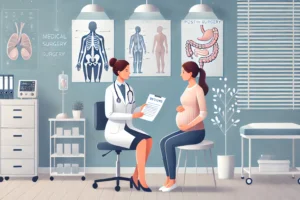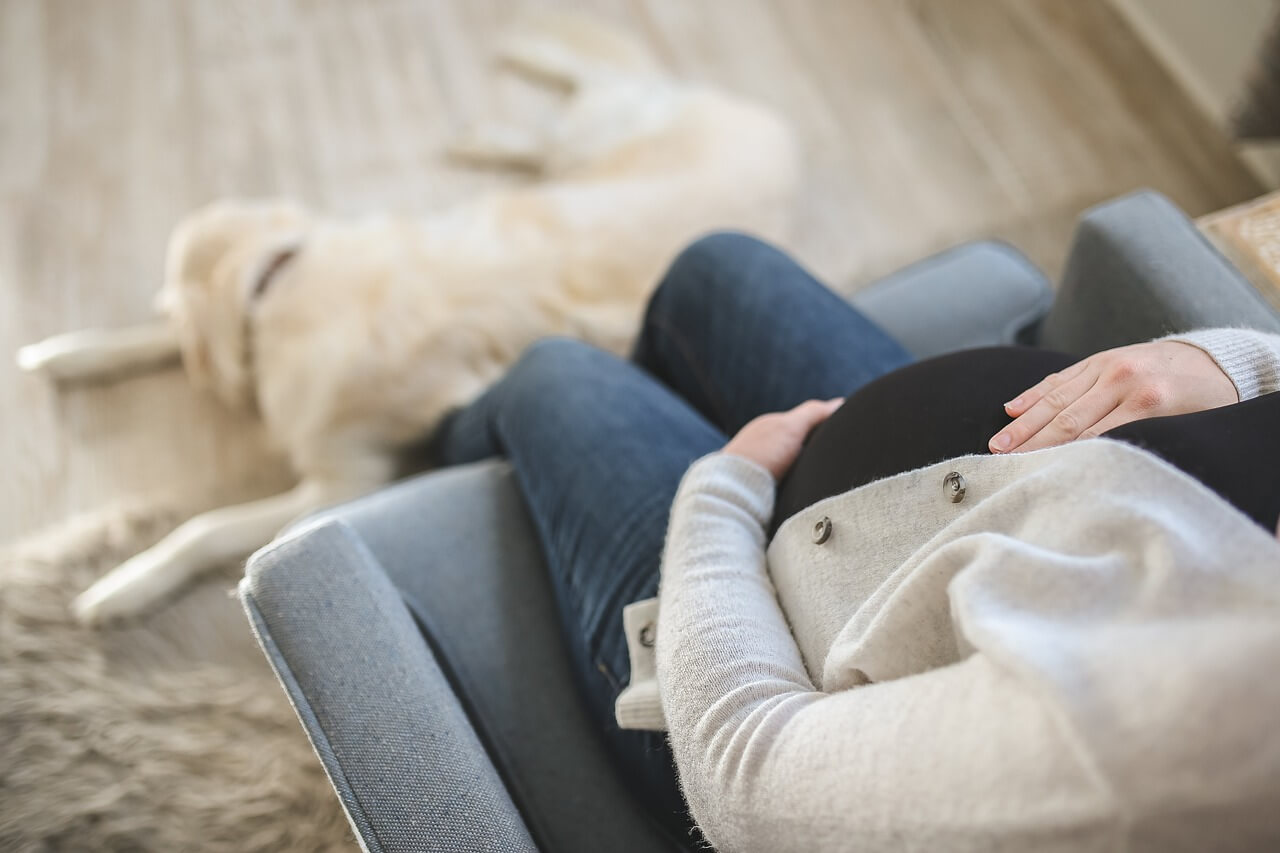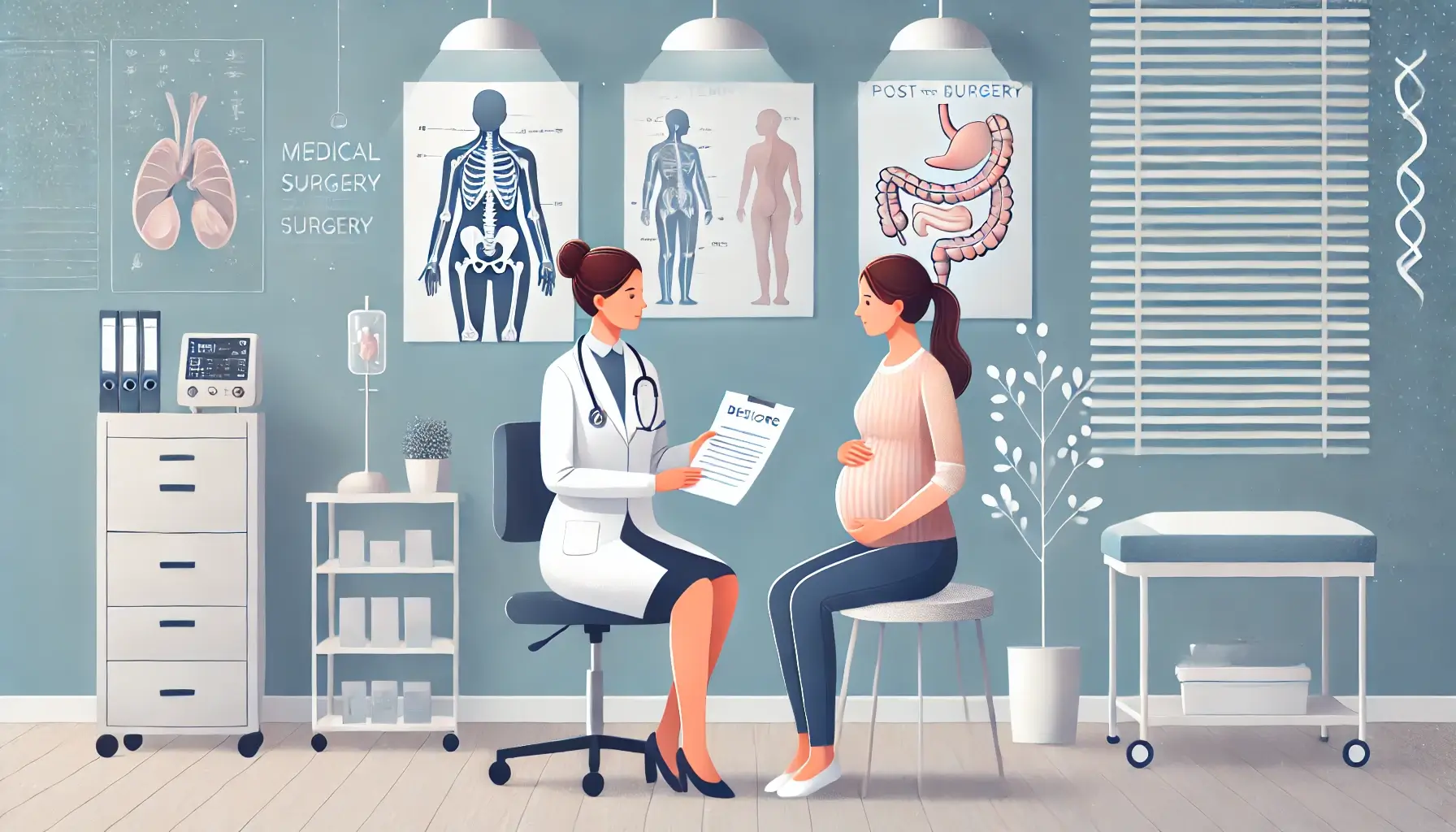Introduction
A. Definition of Butt Cramps in Pregnancy
Butt cramps during pregnancy, also referred to as buttocks pain during pregnancy, is a common phenomenon experienced by expectant mothers. This form of discomfort is usually characterized by sharp, shooting, or persistent pain in the buttocks area and can extend to the lower back or legs due to the complex network of muscles and nerves present in the region.
B. Frequency of the Condition
According to research, a significant number of pregnant women encounter this form of pain, with varying degrees of severity. Studies show that nearly 50% of women will experience pain in the buttocks, lower back, or pelvic area at some point during their pregnancy. These statistics underline the widespread nature of the issue and reinforce the necessity for effective management strategies.
C. Importance of Managing Butt Cramps During Pregnancy
The management of butt cramps during pregnancy is of utmost importance due to its potential impact on the quality of life of the pregnant woman. In addition to causing physical discomfort, such pain can interfere with daily activities, disrupt sleep patterns, and even contribute to psychological stress. Moreover, poorly managed pain can put pressure on the growing baby and potentially complicate the pregnancy. Therefore, providing practical tips and treatment options for managing this pain effectively is crucial to ensuring a healthy, comfortable pregnancy experience.
Causes of Butt Cramps During Pregnancy
A. Changes in the Body During Pregnancy
The human body undergoes numerous transformations during pregnancy to accommodate the growing baby. One such change involves a natural shift in the center of gravity due to the enlarging uterus, which can increase the strain on the muscles and nerves in the buttocks area, leading to butt cramps. Additionally, the body produces a hormone called relaxin during pregnancy that softens ligaments and joints to prepare for childbirth. While beneficial for birth, this increased laxity can contribute to musculoskeletal pain and discomfort, including butt cramps [1].
B. Pressure on the Sciatic Nerve
Another primary cause of butt cramps during pregnancy is pressure on the sciatic nerve, the largest nerve in the body, which runs from the lower back down to the feet. The growing uterus can put pressure on this nerve, especially during the third trimester. This pressure can cause sharp, shooting pain, commonly known as sciatica, in the buttocks and legs.
C. Swollen Veins and Hemorrhoids
Pregnant women often experience swollen veins in the rectal area, known as hemorrhoids, due to increased blood volume and the growing uterus’s pressure on the pelvic veins. This pressure impedes blood return from the lower body, causing veins to become enlarged and painful. Hemorrhoids can also contribute to discomfort and cramping in the buttocks area [2].
Effects of Butt Cramps on Pregnant Women
A. Physical Implications
The physical implications of butt cramps during pregnancy can be considerable. Persistent pain can lead to sleep disturbances, reduced physical activity, and impaired mobility, which could potentially increase the risk of weight gain, gestational diabetes, and other complications associated with lack of exercise.
B. Psychological Implications
Psychologically, persistent butt cramps during pregnancy can contribute to increased levels of stress, anxiety, and even depression in some women [3]. Pain can interfere with daily activities, leading to feelings of frustration or helplessness. The anticipation of pain can also create a cycle of fear and avoidance, further affecting mental wellbeing [4].
C. Quality of Life Implications
Given the potential physical and psychological implications, butt cramps during pregnancy can greatly impact a woman’s overall quality of life. Discomfort and pain can interfere with daily activities, personal relationships, work productivity, and general life satisfaction. Therefore, adequate management strategies to minimize butt cramps and the associated discomfort are crucial in ensuring a comfortable pregnancy and promoting optimal prenatal health [5].
Treatment Options for Butt Cramps During Pregnancy
A. Pain Medications
Certain pain medications can be effective in managing butt cramps during pregnancy. Paracetamol, for example, is generally considered safe to use during pregnancy for short-term relief. Nonsteroidal anti-inflammatory drugs (NSAIDs) can also be effective but are typically not recommended during the third trimester due to potential risks to the fetus. Any medication should always be used under the guidance of a healthcare provider [6].
B. Manual Therapy
Manual therapy, including physiotherapy and chiropractic treatment, can provide considerable relief from butt cramps during pregnancy. These methods can help align the pelvis, decrease muscle tension, and relieve pressure on the nerves, which can reduce pain and discomfort. Additionally, therapeutic massage specifically targeted to the gluteal muscles can alleviate discomfort in the buttocks area.
C. Home Remedies
Home remedies can also play a significant role in managing butt cramps during pregnancy. This includes maintaining a healthy weight, staying active, and practicing good posture. Regular, gentle exercise such as prenatal yoga or walking can also alleviate discomfort by strengthening the muscles and improving flexibility. Using supportive pillows for sitting or sleeping and applying a warm or cold compress to the affected area may provide temporary relief [7].
Practical Tips for Managing Butt Cramps During Pregnancy
A. Optimal Positions to Sit or Stand
Correct posture is vital in reducing the strain on the lower back and buttocks area. Pregnant women should aim to sit with their backs straight and supported. Using a footrest can also help by reducing pressure on the sciatic nerve [8]. Similarly, standing tall with shoulders back, engaging the core, and avoiding standing on one leg can alleviate discomfort [9].
B. Use of Support Belts
Support belts, also known as pregnancy or maternity belts, can provide relief from butt cramps by helping to redistribute the weight of the baby. This can reduce the pressure on the sciatic nerve and other areas that may contribute to pain in the buttocks [10].
C. Exercise and Stretching
Regular exercise can improve muscle tone, strength, and endurance, helping to bear the weight of the growing baby more comfortably. Prenatal yoga and stretching exercises are particularly beneficial. Stretching the hamstrings, glutes, and hip flexors can alleviate tension and reduce butt cramps [11].
D. Use of a Foam Roller
A foam roller can be used to massage the gluteal muscles, helping to relieve tension and pain. It works by applying pressure to specific points on your body, aiding in the recovery of muscles and assisting in returning them to normal function [12].
Conclusion
A. Reiteration of Importance of Management
Butt cramps during pregnancy, while a common occurrence, are not to be overlooked due to their potential impact on a woman’s quality of life and overall pregnancy experience. The importance of effective management strategies cannot be overstated, with a focus on medical treatments, manual therapy, and home remedies providing significant relief [13].
B. Encouragement for Pregnant Women Experiencing Pain
It’s crucial to remember that pain experienced during pregnancy is temporary and manageable with the right strategies. Pregnant women experiencing pain in the buttocks or any discomfort should reach out to their healthcare providers to discuss their symptoms and treatment options. Each pregnancy journey is unique, and effective management of symptoms can lead to a more comfortable and enjoyable pregnancy experience.
C. Future Research Directions
Despite existing strategies for managing butt cramps during pregnancy, there is a need for further research to develop and optimize treatments. Ongoing and future studies on the efficacy of various interventions, including emerging therapies and the role of lifestyle modifications, are warranted. These efforts can contribute to improving prenatal care and enhancing the wellbeing of pregnant women [14].










